Madama
Butterfly
Giacomo Puccini
Japanese tragedy in three acts
Libretto: Giuseppe Giacosa and Luigi Illica
World premiere: 17 February 1904, Regio Teatro alla Scala, Milan
Polish premiere: 3 December 1908, Teatr Wielki, Warsaw
Premiere of this production: 29 May 1999
In the original Italian with Polish surtitles
In 1904, when Madama Butterfly premiered at La Scala di Milano, Japan was ruled by the Emperor Mutsuhito. His reign (1868–1912) is known as the Meiji period, or the 'Enlightened Rule', and was a time of social, political and cultural transformation, as well as modernization of the country according to Western patterns. Such is the background of Butterfly’s love drama – a Japanese girl, who for her beloved American, Benjamin Franklin Pinkerton, converts to Christianity at a mission. The libretto of this opera contains questions regarding the meeting of cultures, mutual respect, sense of superiority, the position of women. Mariusz Treliński’s staging (premiered in 1999, appreciated and performed in Washington, St. Petersburg, Valencia and Tel Aviv) highlights the existential nature of this story, drawing on the restrained, minimalist Japanese aesthetics, and falls into the aesthetic category of mono no aware – expressing the melancholy of transience, keenly present in nature, but also the link between experiencing beauty and sadness. Izabela Kłosińska, who first sang the eponymous role in this staging, recalls: 'Whilst rehearsing Madama Butterfly I felt how important silence can be in an opera. (…) The third act begins with a scene in which Butterfly, along with her son and her servant, Suzuki, await Pinkerton in the harbour. There were evenings when I heard weeping in the audience at this very moment'.
Cast
Credits
Synopsis
Sponsors
-
Mecenas Teatru Wielkiego - Opery Narodowej
-
Partnerzy Teatru Wielkiego - Opery Narodowej
-
Partner spektaklu
-
Patroni medialni Teatru Wielkiego - Opery Narodowej
-
Patron of Teatr Wielki - Polish National Opera
-
Partners of Teatr Wielki – Polish National Opera
-
Partner of the performance
-
Media patrons of Teatr Wielki – Polish National Opera





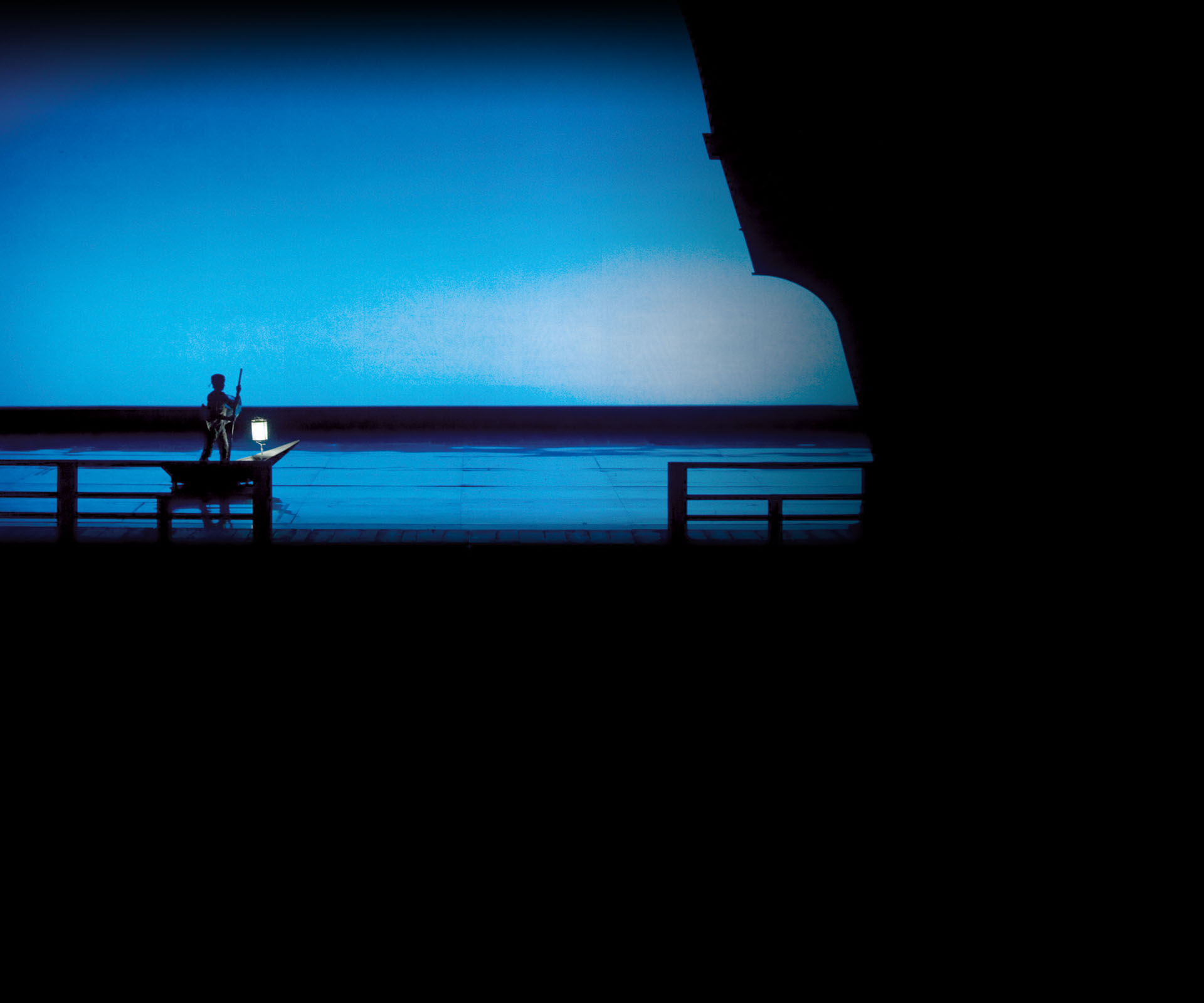
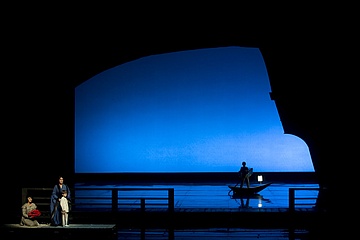

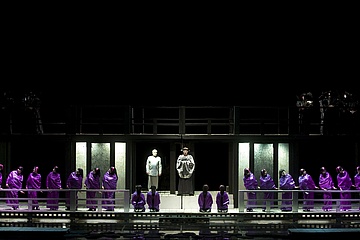
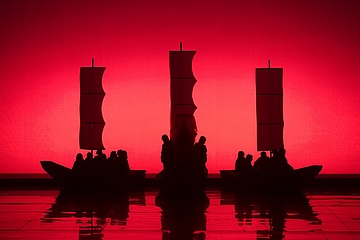
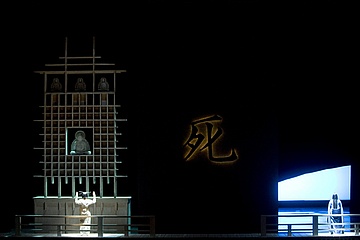
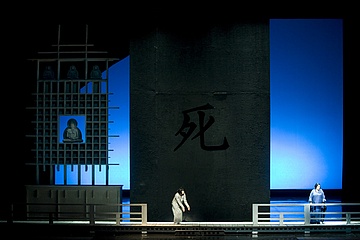
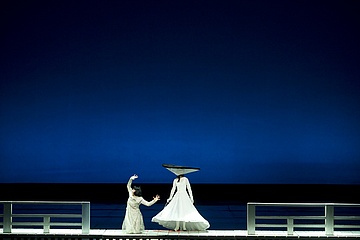
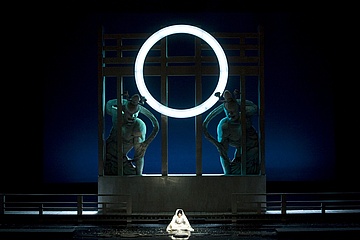
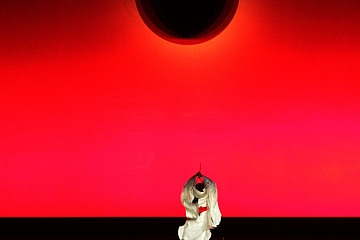
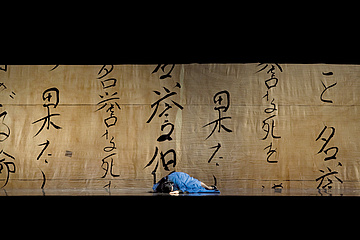

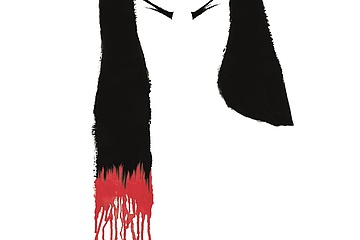
 Karah Son
Karah Son  Agata Schmidt
Agata Schmidt  Tadeusz Szlenkier
Tadeusz Szlenkier  Tomasz Rak
Tomasz Rak  Mateusz Zajdel
Mateusz Zajdel  Aleksandra Orłowska
Aleksandra Orłowska  Piotr Maciejowski
Piotr Maciejowski  Mieczysław Milun
Mieczysław Milun  Mateusz Stachura
Mateusz Stachura  Krzysztof Szmyt
Krzysztof Szmyt  Irina Bertman
Irina Bertman  Mariusz Treliński
Mariusz Treliński ![[Translate to English:] Boris Kudlička](/fileadmin/_processed_/7/a/csm_Boris_Kudlicka_4424_www_8b991ee181.jpg) Boris Kudlička
Boris Kudlička  Magdalena Tesławska
Magdalena Tesławska  Paweł Grabarczyk
Paweł Grabarczyk ![[Translate to English:]](/fileadmin/_processed_/f/4/csm_Emil_Wesolowski_fot._Pawel_Roslon_mini__e5d48cae55.jpg) Emil Wesołowski
Emil Wesołowski  Stanisław Zięba
Stanisław Zięba  Grzegorz Nowak
Grzegorz Nowak  Piotr Staniszewski
Piotr Staniszewski 



